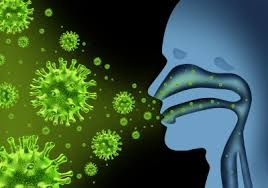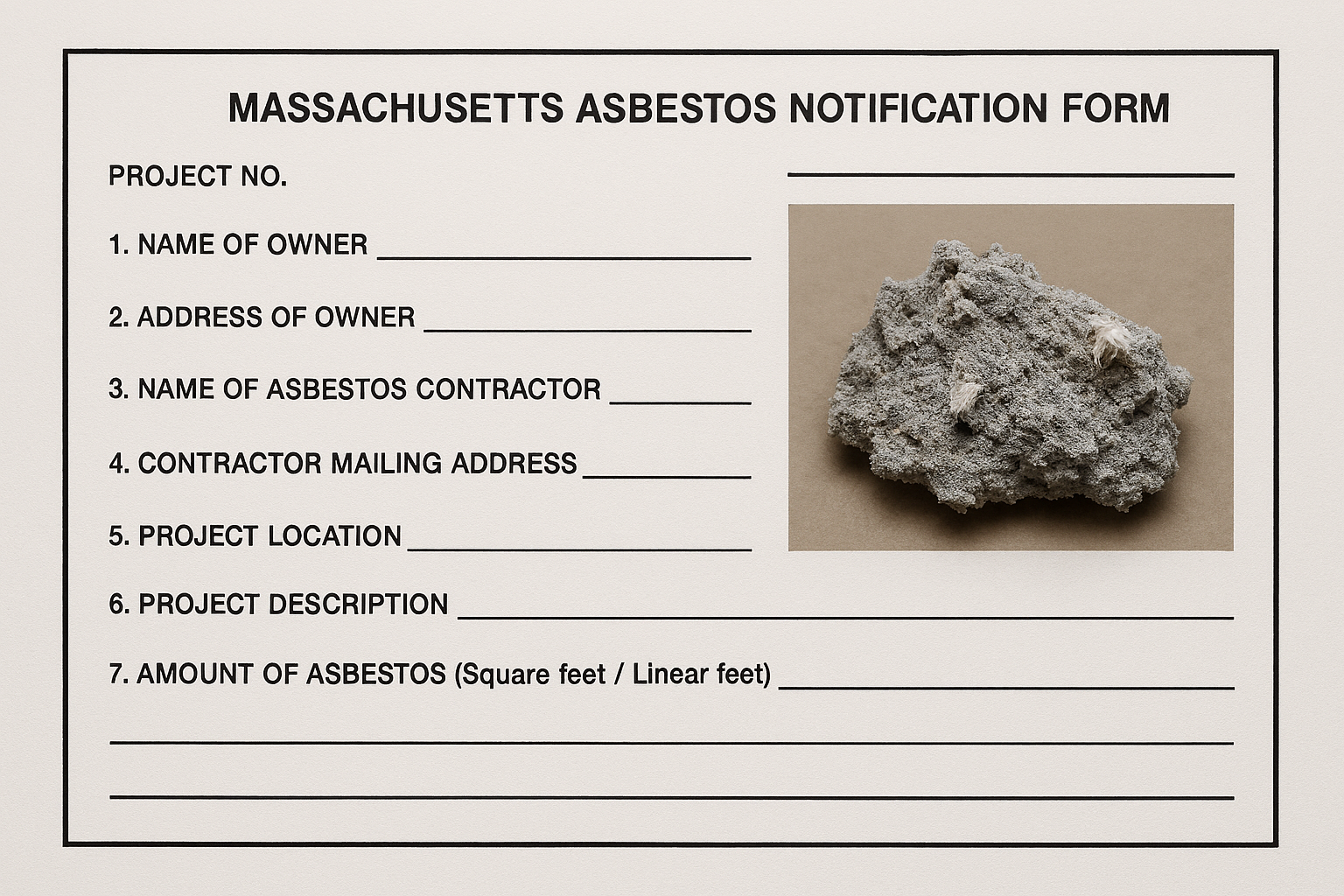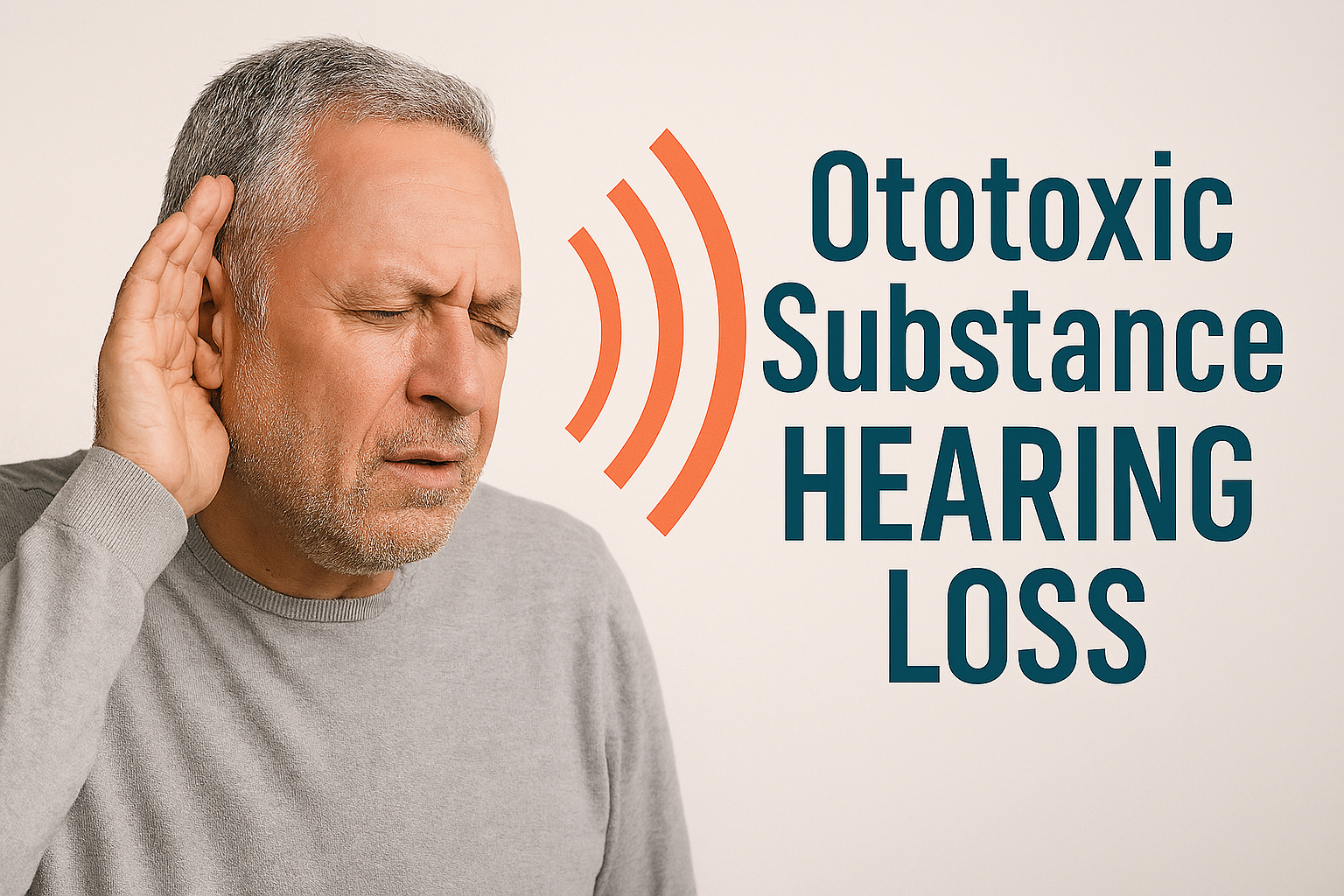In addition, it is possible to be infected with Covid-19 and influenza at the same time. Coinfections are never ideal. In this case both diseases target the lungs, and more dangerous or deadly outcomes are likely. Coinfections among high-risk individuals are especially concerning. A quick note the high-risk group: the Kaiser Family Foundation estimates that almost 40% of US adults age 18 and over are considered high-risk. That’s a significant segment of the population!
Finally, the Covid-19 pandemic is straining many
local hospitals, causing commodity shortages, hurting our economy, and restricting our lifestyles. A flu epidemic during an ongoing Covid-19 pandemic will prolong and/or exacerbate each of these issues.
You can decrease your risk of catching influenza. Start by continuing to take the precautions that decrease your risk of contracting Covid-19: wear face masks that cover the nose and mouth, practice social distancing and limit indoor gatherings, and frequently wash your hands. These “universal” measures work equally well against the flu, the common cold, and other community-acquired illnesses.
You can also get a flu vaccine. Flu vaccinations benefit both you and your community. They reduce your risk of catching influenza and also help limit community outbreaks. They are not without controversy, however. Let’s examine one of the main arguments against flu vaccinations.
Some people claim that the flu shot made them get sick. In short, the flu vaccine does not give you the flu or any other illness. Some people may mistake the mild side effects of the vaccine (headache, muscle aches, fever) with an actual illness. If you get sick following a flu shot, then one of the following things happened:
- You were infected with the flu shortly before you were vaccinated OR you caught the flu within 2 weeks of your vaccination (it takes up to 2 weeks to get maximum protection)
- You caught a strain of the flu that was not included in this year’s formulation. The formulation in any given year protects against 3 or 4 strains that are thought to be commonly occurring. Unfortunately, other strains can be circulating or make surprise appearances.
Do your part to reduce your risk of flu and its spread through your community. Influenza vaccines are currently available and generally easy to get. Your doctor’s office, your local board of health, or your local pharmacy are probably all conducting flu clinics. And remember to stay the course with Covid-19 precautions. Together we can beat both of these diseases!
If you have any specific questions, please press the button below and fill out the form. One of our experts will contact you within 48 hours.





